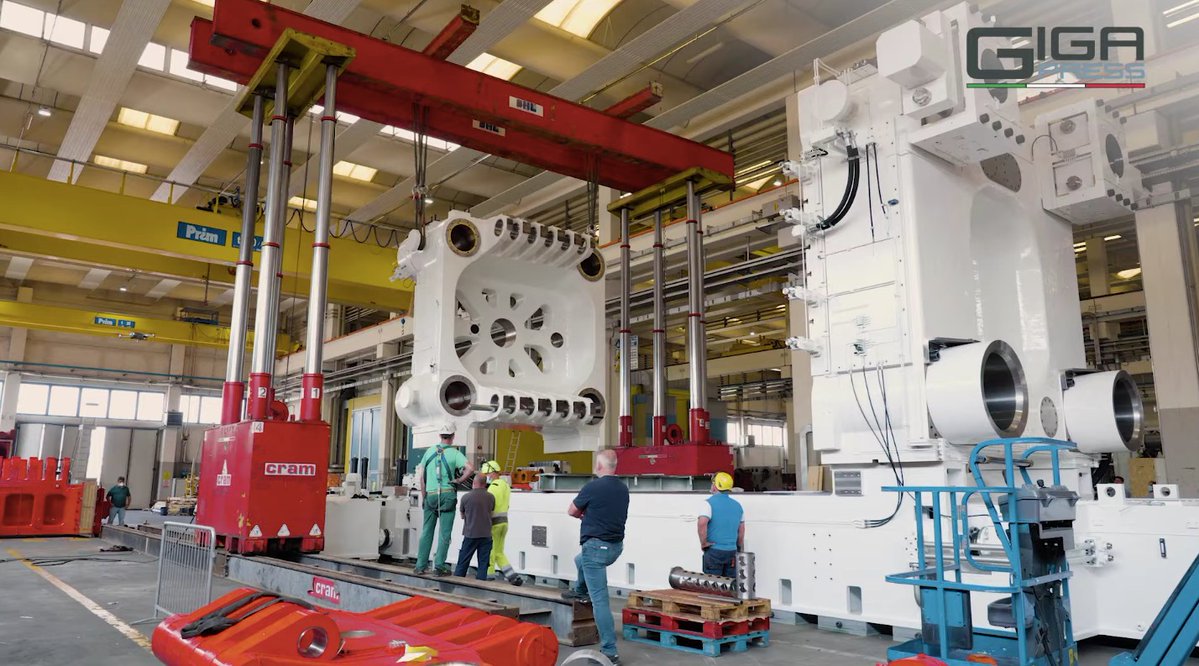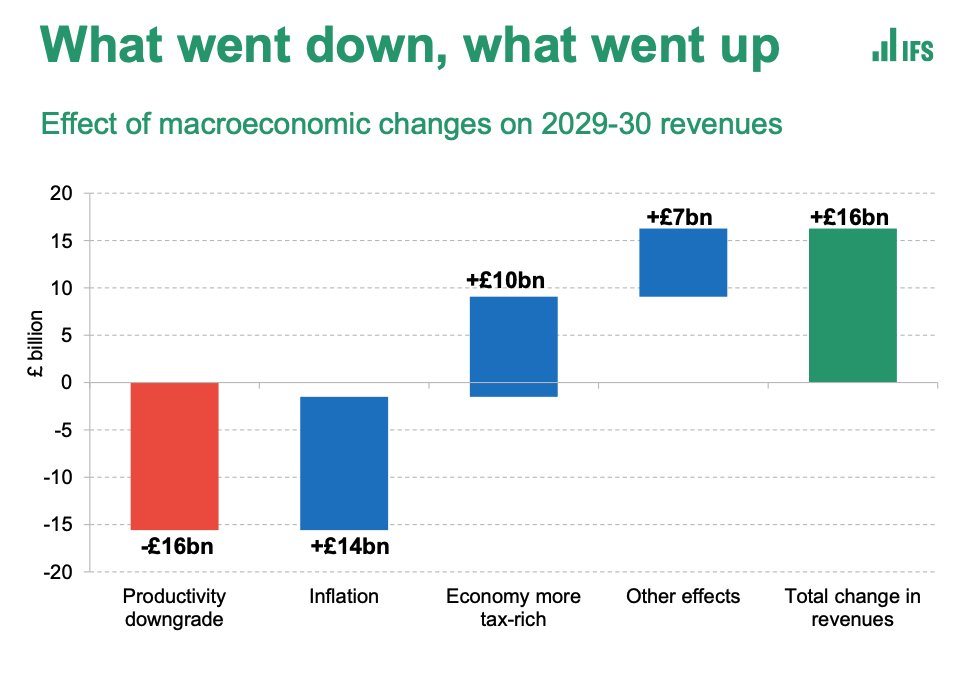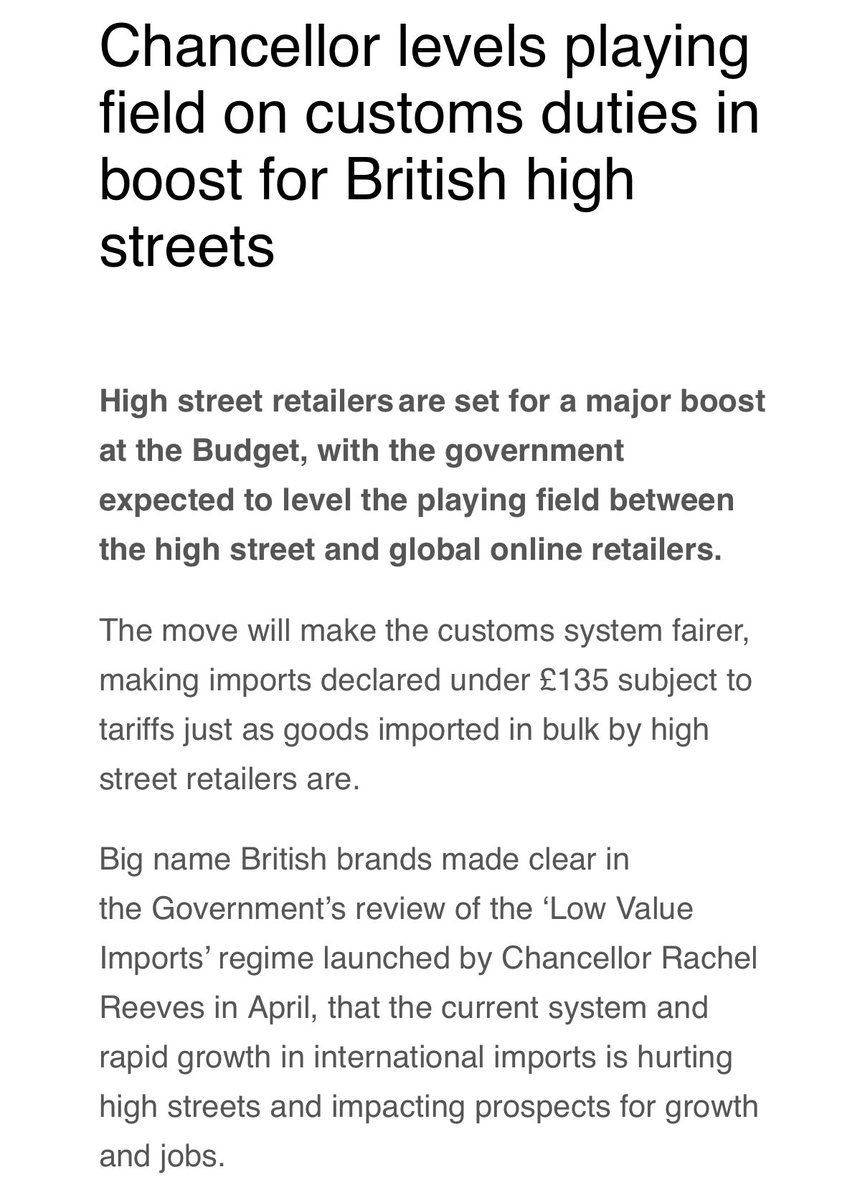What can we learn about capitalism from this valley in Mallorca? My @thetimes column: thetimes.co.uk/article/what-m… 
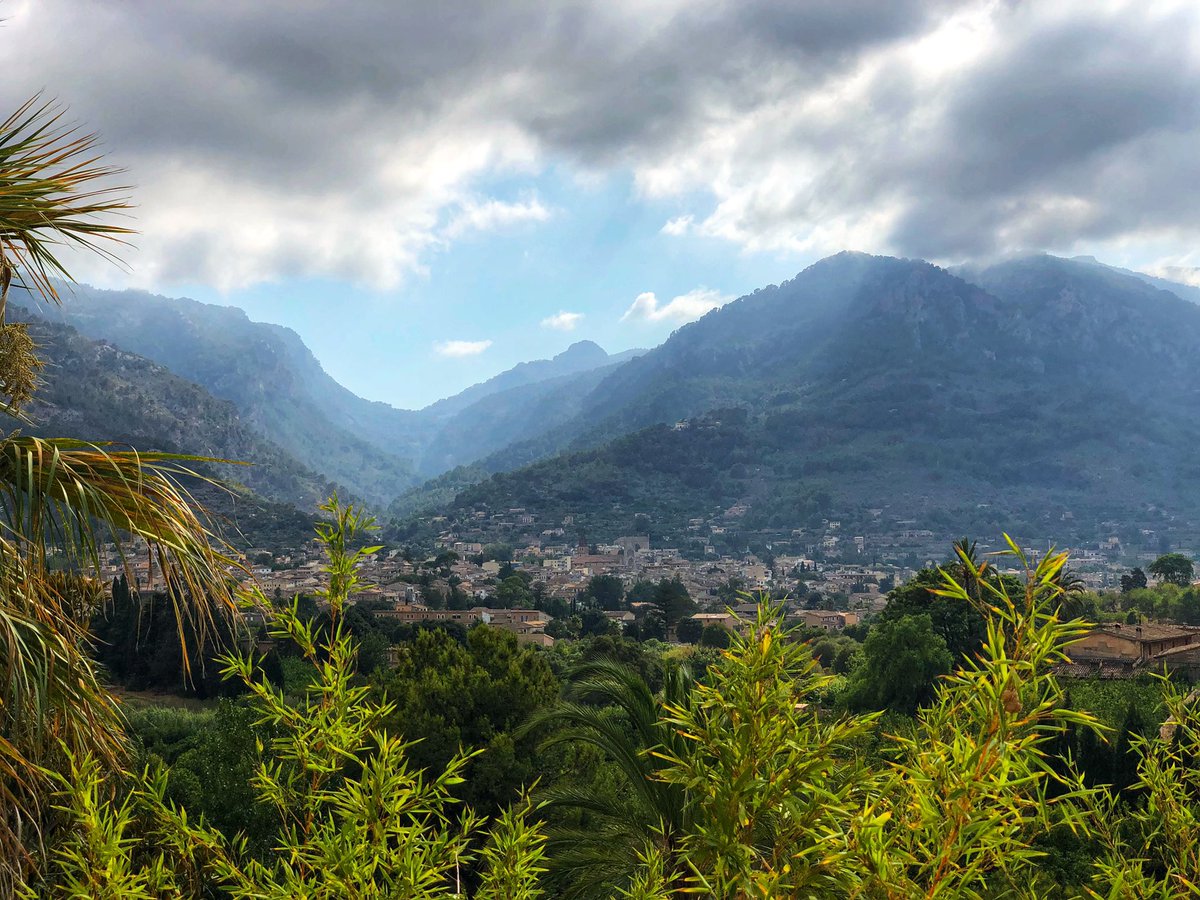
This is Sóller. A town in the north of Mallorca with a pretty church, lovely botanical gardens and a quaint tram that trundles down to the sea. But the thing it’s prob best known for is... 1/ 

Oranges. The orange groves, or “huertas” around Sóller (see pic) produce oranges of a particular sweetness and succulence. Louis XIV used to demand only to be served oranges from Sóller. Take it from me, they’re really juicy and lovely. 2/ 

But orange trees are relatively thirsty and rainfall in Mallorca is not esp frequent, so there wouldn’t be Sóller oranges without a complex system of irrigation canals originally constructed by the Moors hundreds of yrs ago. You see them all around the valley 3/ 


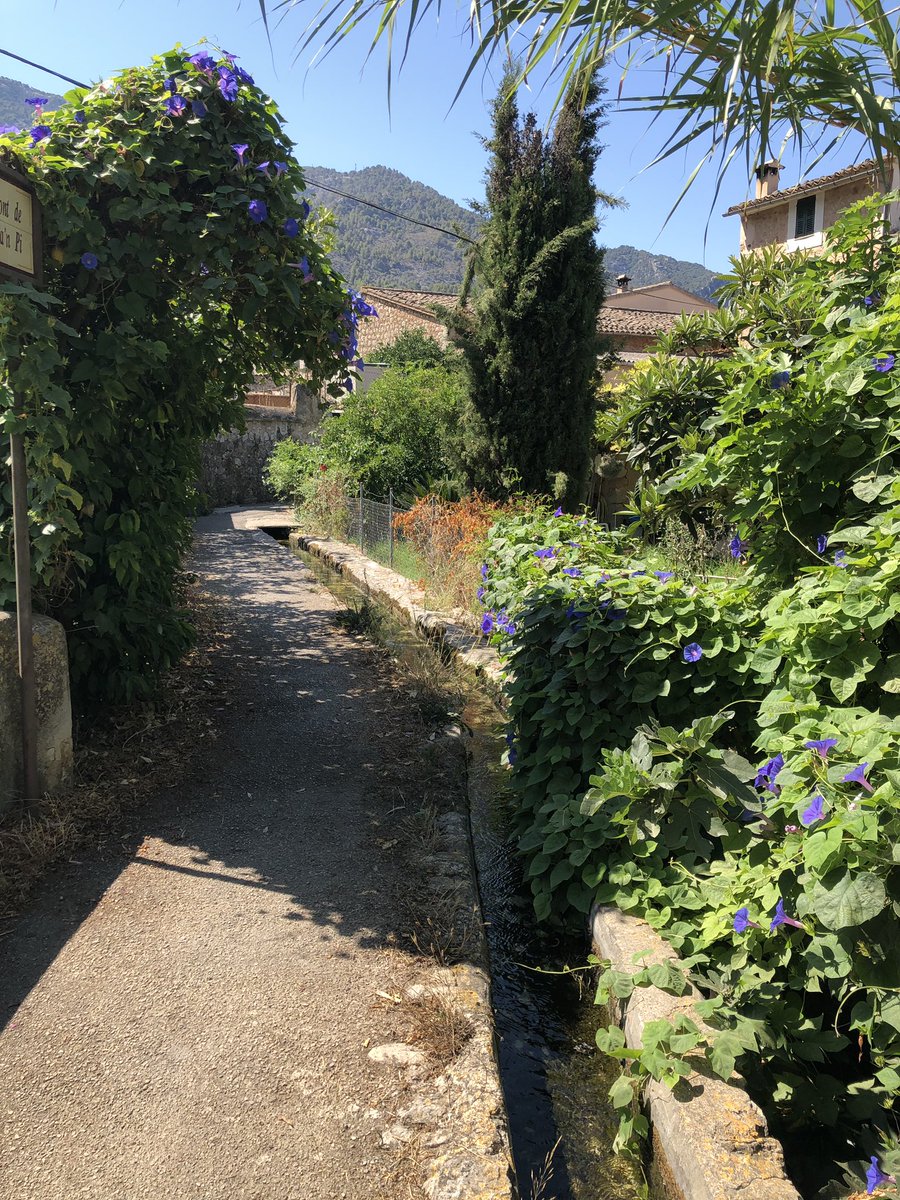
If you’re a farmer you’ll be entitled to a certain no of hours of water each week, after which it’s yr responsibility to switch a gate, diverting water onto yr neighbour downhill (pics show one of the junctions & one of those gates, which in practice is just a rock in a hole) 4/ 



The striking thing abt this system is it’s managed and enforced not by the Ajuntament (town hall) or a company but by the farmers themselves. If you forget to move your rock you’ll soon get a visit from an irate neighbour. The COMMUNITY manages this common resource (water) 5/
And this is not really what conventional economics implies. The whole point of the “tragedy of the commons” is that it’s a tragedy: people are doomed to deplete common resources because someone will always take advantage. But Sóller’s orange groves show that’s not quite right 6/
Indeed it turns out there are hundreds of examples of small communities coming together to manage common resources. Elinor Ostrom won a Nobel memorial prize for her work cataloguing them. Her Nobel speech is a must read on this topic [pdf]: nobelprize.org/uploads/2018/0… 7/
One of Ostrom’s examples was the orange growers around Valencia, who operate a very similar system to the one in Sóller. Here’s the map from the relevant chapter of her seminal work Governing the Commons 8/ 

Ostrom found that actually these community managed systems tended to be MORE efficient than those managed top down by governments or companies. This is the exact opposite of what conventional economics and the tragedy of the commons suggest. And it’s an important reminder... 9/
We often assume that if there’s the risk of a market failure the obvious solution is either top down regulation or slicing something up into parcels of privately owned land/resource. Ostrom’s work suggests there is a better bottom-up alternative 10/
Of course there are many provisos. Small community schemes to manage common resources prob won’t solve climate change or overfishing since these issues are too vast. Still it’s striking how often ppl trot out the “tragedy of the commons” w/o remembering it’s not that simple 11/
Before anyone pipes up, yes that includes me; I made a whole documentary about problems facing the oceans which talked extensively about the tragedy of the commons 12/
Anyway plenty more on this in my @thetimes column today thetimes.co.uk/article/what-m… 13/13
• • •
Missing some Tweet in this thread? You can try to
force a refresh



